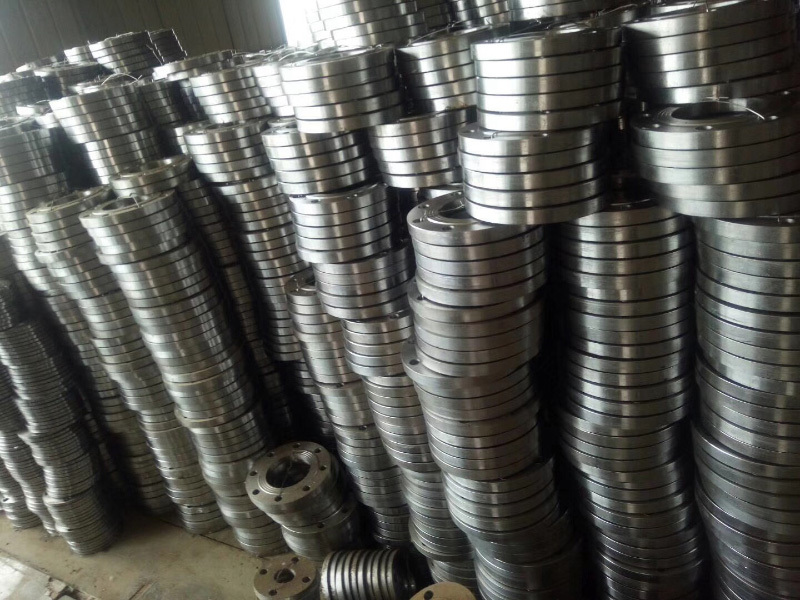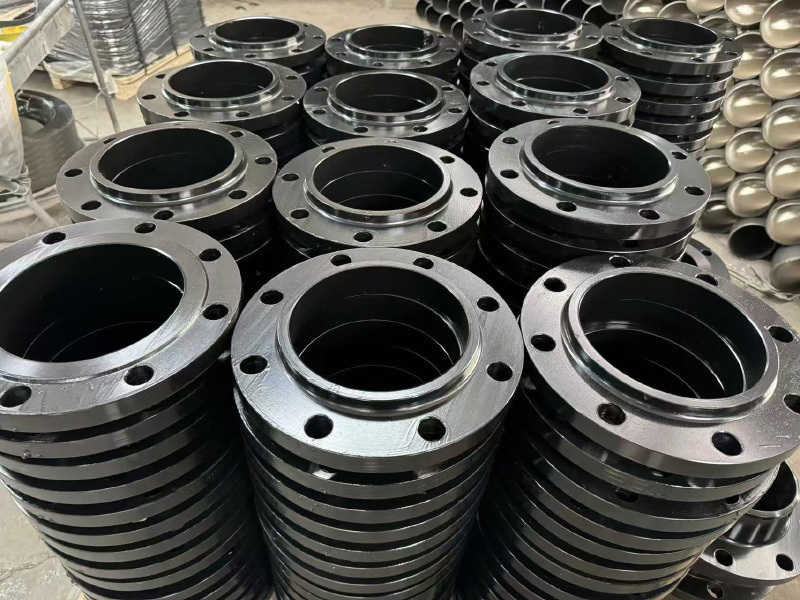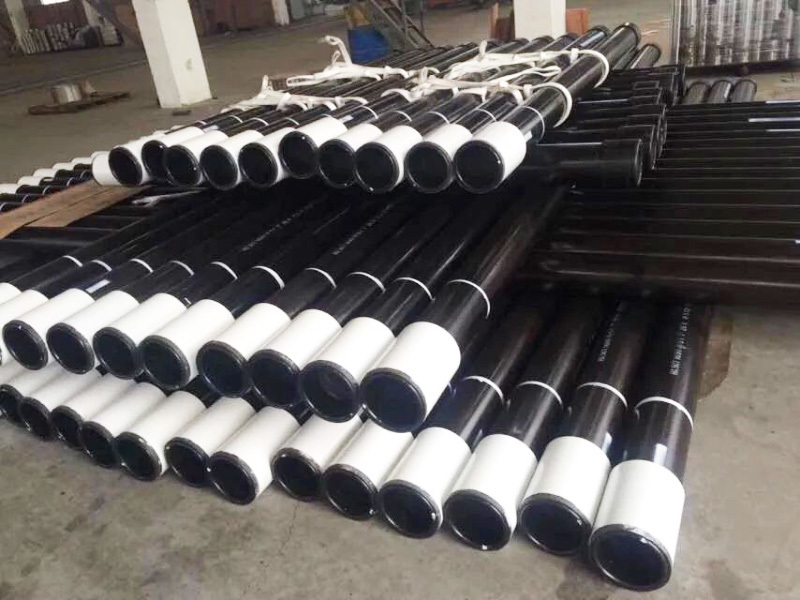Leading Smls Pipe and fittings supplier from China since 1991
The Essential Role of Oil and Gas Pipelines in the Chemical Industry
Oil and gas pipelines are an integral part of the chemical industry, serving as the arteries that transport essential materials across vast distances. These pipelines are specifically designed for the efficient and safe movement of crude oil, natural gas, and various chemical products, ensuring that the industry can meet its demands while minimizing environmental impact. The construction of oil an
Apr 22,2025

Oil and gas pipelines are an integral part of the chemical industry, serving as the arteries that transport essential materials across vast distances. These pipelines are specifically designed for the efficient and safe movement of crude oil, natural gas, and various chemical products, ensuring that the industry can meet its demands while minimizing environmental impact.
The construction of oil and gas pipelines involves meticulous planning and engineering. The materials used in these pipelines must withstand high pressures and corrosive materials. Commonly, steel and polyethylene are favored due to their strength and durability. A robust coating system is often applied to prevent corrosion and extend the lifespan of these pipelines. Moreover, advanced technologies, such as automated inspection systems and remote monitoring, are employed to ensure these pipelines operate efficiently and safely.
Maintenance is another crucial aspect of pipeline management. Regular inspections are necessary to identify potential issues like leaks or corrosion before they escalate into serious problems. Modern technology has made it possible to use drones and smart sensors for real-time monitoring, significantly enhancing the safety and efficiency of pipeline operations. Furthermore, operators must adhere to stringent regulations and safety standards to ensure public safety and environmental protection.
The role of oil and gas pipelines extends beyond mere transportation; they are pivotal in supporting the global economy. Pipelines facilitate the supply of energy resources that power industries, generate electricity, and provide heating. Additionally, the chemical sector relies heavily on these pipelines for the transport of raw materials used in the production of plastics, fertilizers, and other essential products.
Safety is paramount in the operation of oil and gas pipelines. Operators implement comprehensive safety protocols, including leak detection systems and emergency response plans. Regular training for personnel ensures that they are prepared to respond to any emergencies swiftly. Moreover, the communities surrounding these pipelines benefit from initiatives designed to promote safety awareness and environmental stewardship.
In summary, oil and gas pipelines are indispensable to the chemical industry, providing a reliable method for transporting vital resources. Their construction, maintenance, and safety measures are critical in ensuring that these pipelines operate effectively and responsibly. As the industry continues to evolve, innovations in pipeline technology and management practices will play a crucial role in enhancing efficiency and sustainability, paving the way for a greener future. Understanding the significance of these pipelines can foster greater appreciation for the infrastructure that supports our everyday lives and the economy at large.
The construction of oil and gas pipelines involves meticulous planning and engineering. The materials used in these pipelines must withstand high pressures and corrosive materials. Commonly, steel and polyethylene are favored due to their strength and durability. A robust coating system is often applied to prevent corrosion and extend the lifespan of these pipelines. Moreover, advanced technologies, such as automated inspection systems and remote monitoring, are employed to ensure these pipelines operate efficiently and safely.
Maintenance is another crucial aspect of pipeline management. Regular inspections are necessary to identify potential issues like leaks or corrosion before they escalate into serious problems. Modern technology has made it possible to use drones and smart sensors for real-time monitoring, significantly enhancing the safety and efficiency of pipeline operations. Furthermore, operators must adhere to stringent regulations and safety standards to ensure public safety and environmental protection.
The role of oil and gas pipelines extends beyond mere transportation; they are pivotal in supporting the global economy. Pipelines facilitate the supply of energy resources that power industries, generate electricity, and provide heating. Additionally, the chemical sector relies heavily on these pipelines for the transport of raw materials used in the production of plastics, fertilizers, and other essential products.
Safety is paramount in the operation of oil and gas pipelines. Operators implement comprehensive safety protocols, including leak detection systems and emergency response plans. Regular training for personnel ensures that they are prepared to respond to any emergencies swiftly. Moreover, the communities surrounding these pipelines benefit from initiatives designed to promote safety awareness and environmental stewardship.
In summary, oil and gas pipelines are indispensable to the chemical industry, providing a reliable method for transporting vital resources. Their construction, maintenance, and safety measures are critical in ensuring that these pipelines operate effectively and responsibly. As the industry continues to evolve, innovations in pipeline technology and management practices will play a crucial role in enhancing efficiency and sustainability, paving the way for a greener future. Understanding the significance of these pipelines can foster greater appreciation for the infrastructure that supports our everyday lives and the economy at large.
Hot Tags:
NEXT:







